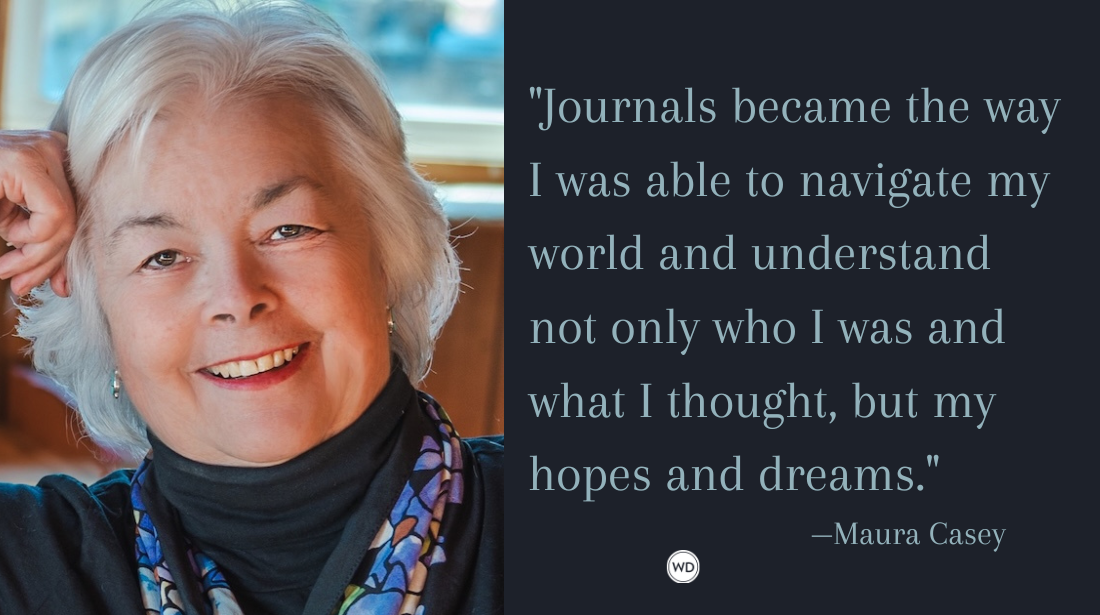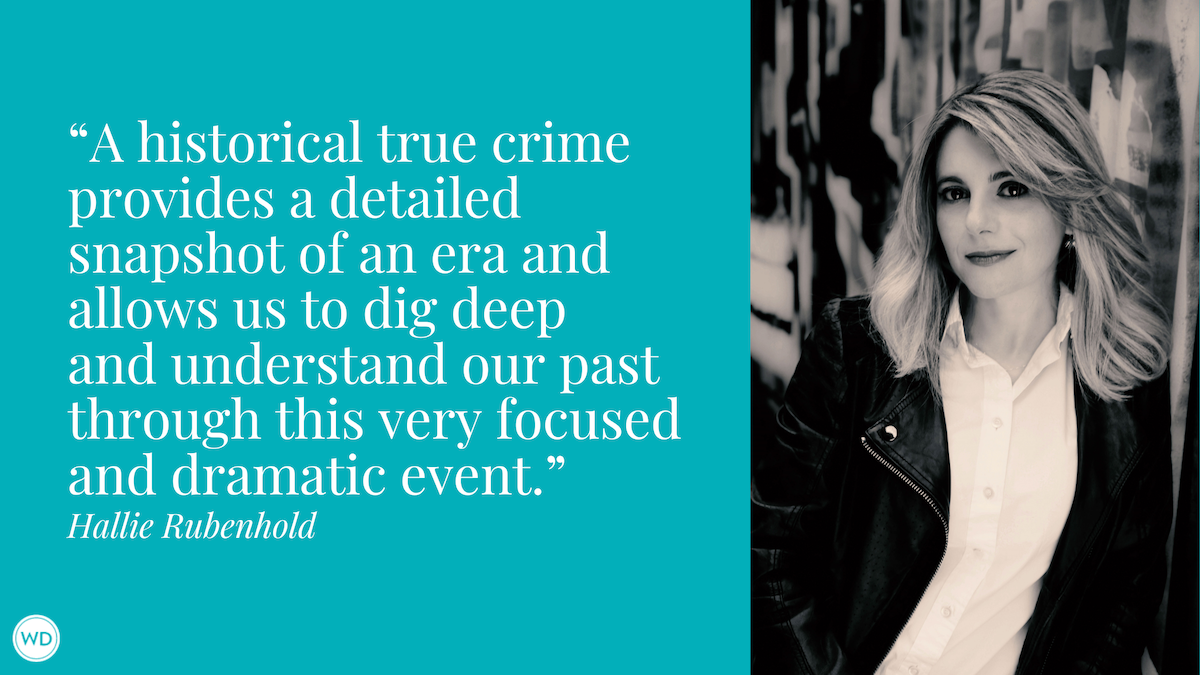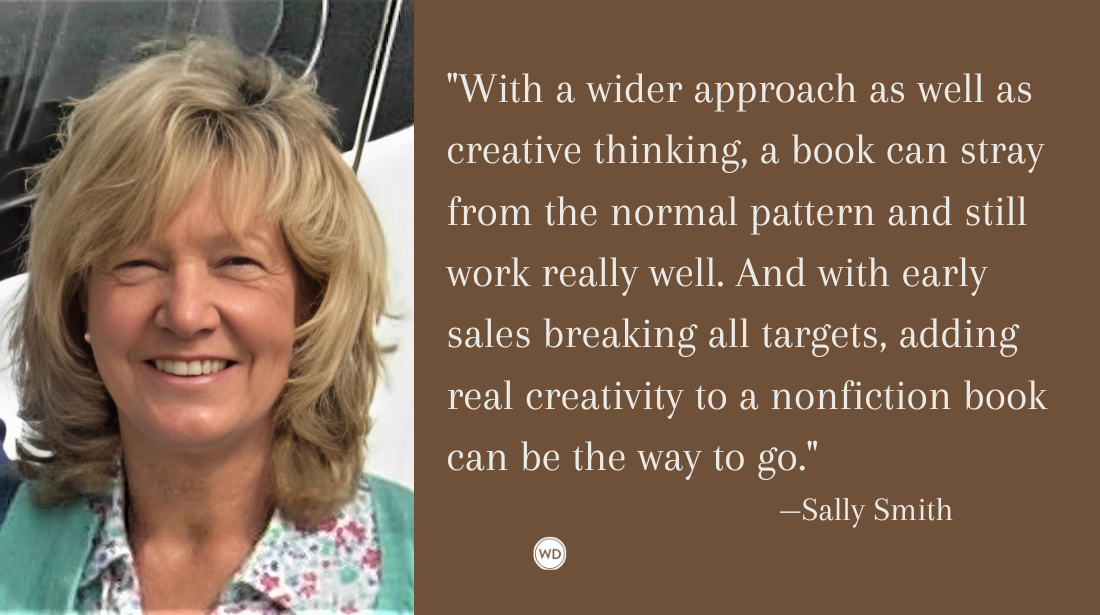What Is Food Writing? 4 Critical Keys to Becoming a Food Writer
So, you want to write about food. How do you get started? Here, food writer Deanna Martinez-Bey shares 4 critical keys to becoming a food writer.
The history of chocolate. Sharing how food is at the forefront in your family. A recipe for the world's most delectable carrot cake with cream cheese icing. These are prime examples of food writing.
Critical key number one: To be a successful food writer, you must write about what you know and enjoy.
The term "food writing" is a broad term. Food writing can be broken down into smaller, more specific topics, such as recipes, food and cooking guides, the best places to eat, the history of food, and specialty foods such as gluten-free or low carb, to name a few. There are hundreds of genres to choose from regarding food writing.
Do you remember the Food Network program Good Eats? The show was based on the scientific evidence behind food and how it is cooked or baked. Alton Brown explained in great detail how to make a recipe work and why particular ingredients made it work. If you were to write about food in this manner, it would be considered "the scientific explanation" behind food, and if you enjoy science, it could be an exciting genre to write about.
Select food writers choose to write about how food is essential in their lives. Others create and write about recipes. To take food writing a step further, many have written books on the subject of food, whether fiction or nonfiction.
Find your niche. Get creative, choose a genre of food writing that you enjoy and never be afraid of research.
Critical key number two: To be a successful food writer, one must first be a good writer.
For example, if you are writing about food as something you have tasted and enjoyed, you want to describe the texture and flavor in a way that evokes the reader to want to try the food for themselves.
If you have created a recipe you want to share, it is essential to list every ingredient and explain how to prepare the recipe in a way that makes it easy for the reader to understand.
These are two examples of good writing, AKA good food writing. It never hurts to brush up on your writing skills. There are a wide array of online courses available to assist in sharpening your writing skills.
Critical key number three: Choosing the type of food writing that hones in on your skills.
Something to consider as a food writer is where your strengths and weaknesses lie. Do you enjoy writing and publishing your articles? Do you prefer working alone or with others? Would you rather write multiple short pieces about food or take everything you know and include it in a book intended to help others? Have you considered writing a fiction story with a strong thread of food running through it?
Search out top-rated food blogs to see what they have to offer. Look into influential food magazines and see what types of articles they are sharing. Always remember that you are unique and have a voice like no other food writer.
Critical key number four: Find your voice and always stay uniquely you!
Next month we will dive into the specifics of these ideas to consider and how to implement them.
Deanna Martinez-Bey is an author, social media manager, copy editor, and freelance writer. With 18 published books under her belt and articles published in multiple magazines and online, Deanna surrounds herself with books and writing on many levels. She believes that people bond over good food and books! Follow her on Amazon: Amazon Author Page






